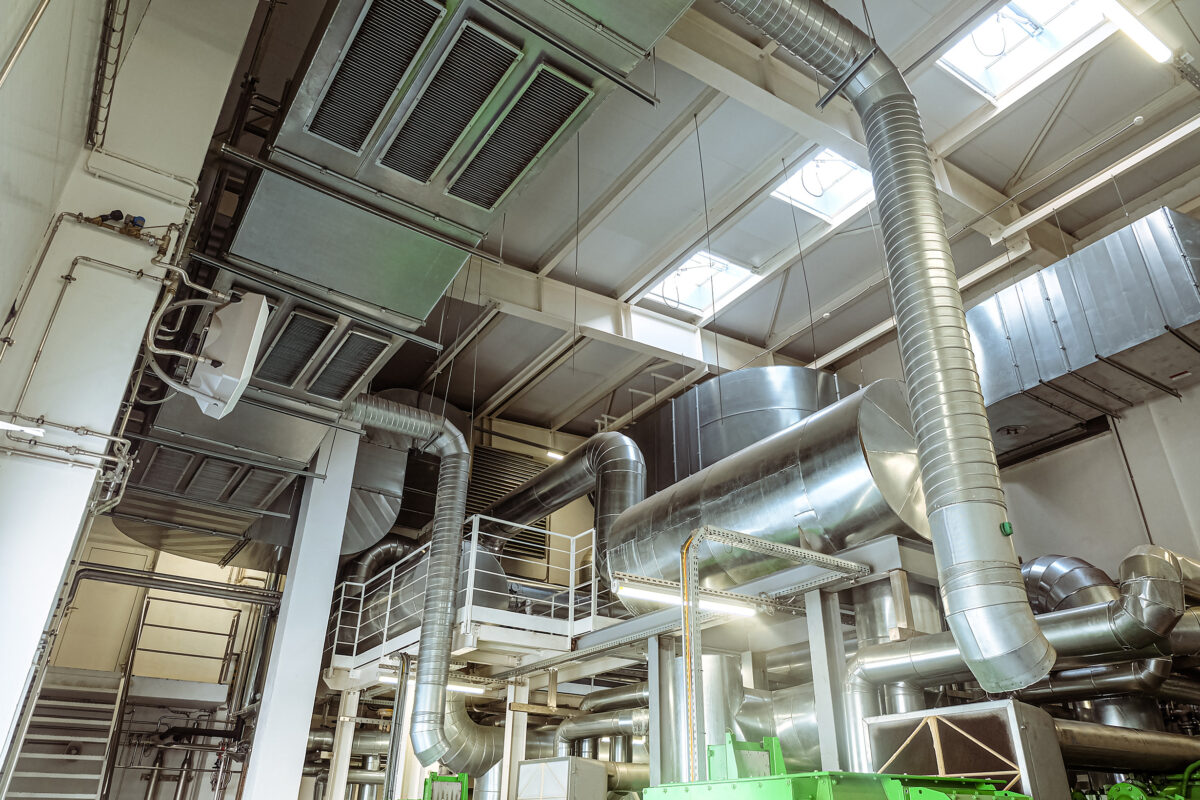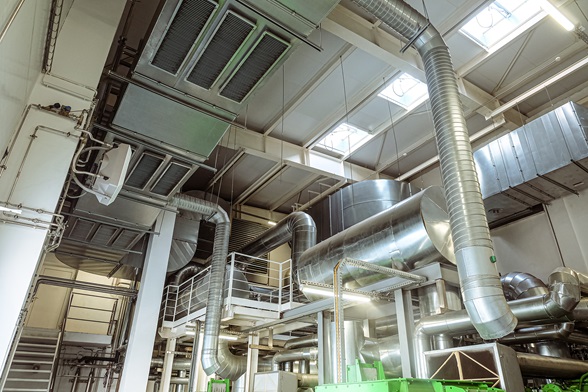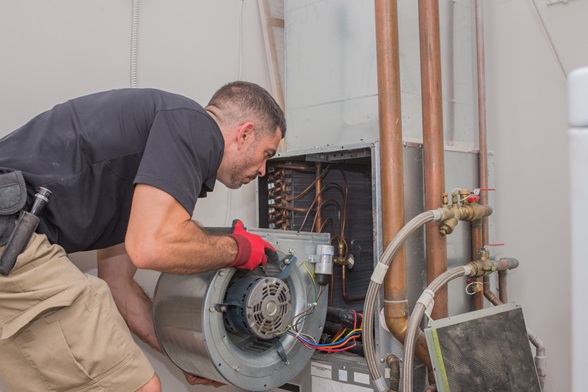In today’s world, where energy conservation and environmental sustainability are paramount, upgrading to an energy-efficient HVAC system can have a significant impact. These systems not only help you save on energy bills but also reduce your carbon footprint. In this comprehensive guide, we’ll delve into the benefits of energy-efficient HVAC systems and provide valuable tips for selecting, maintaining, and optimizing them for both residential and commercial spaces.
Benefits of Energy-Efficient HVAC Systems
Cost Savings:
One of the most compelling reasons to switch to an energy-efficient HVAC system is the substantial cost savings it offers. These systems are designed to operate more efficiently, meaning they consume less energy while delivering the same or even better heating and cooling performance. Over time, this translates into lower utility bills, helping you recoup your initial investment.
Environmental Impact:
Energy-efficient HVAC systems are eco-friendly heating and cooling solutions. They produce fewer greenhouse gas emissions and reduce your overall carbon footprint. By using less energy to maintain indoor comfort, you contribute to a cleaner and healthier environment.
Enhanced Comfort:
Energy-efficient HVAC systems are often equipped with advanced features such as zoned heating and cooling, programmable thermostats, and variable-speed fans. These features allow for precise temperature control, ensuring a comfortable environment while minimizing energy waste.

Selecting the Right Energy-Efficient HVAC System
Choosing the right energy-efficient HVAC system involves several key considerations. Partnering with a local HVAC distributor can help ensure you get the right components:
Size Matters:
Ensure that the HVAC system is appropriately sized for your space. An undersized system will struggle to maintain comfortable temperatures, while an oversized one can lead to frequent cycling and energy waste.
Energy Star Certification:
Look for Energy Star certified products, which meet rigorous energy efficiency standards. These systems are independently tested and verified to deliver superior performance.
SEER and AFUE Ratings:
Pay attention to the Seasonal Energy Efficiency Ratio (SEER) for air conditioners and the Annual Fuel Utilization Efficiency (AFUE) for furnaces. Higher ratings indicate better energy efficiency.
Maintenance and Optimization
Once you’ve installed an energy-efficient HVAC system, regular maintenance is crucial to keep it operating at peak efficiency:
Change Air Filters:
Replace air filters regularly, typically every one to three months. Clogged filters restrict airflow, forcing the system to work harder and consume more energy.
Scheduled Inspections:
Schedule annual professional inspections to identify and address any issues promptly. Regular maintenance can extend the lifespan of your HVAC system.
Programmable Thermostats:
Take full advantage of programmable thermostats to create heating and cooling schedules that align with your daily routines. This minimizes unnecessary energy consumption when the system is not needed.
Additional Energy-Efficient HVAC Tips
Seal Ducts:
Inspect and seal any leaks in your HVAC ductwork to prevent conditioned air from escaping. Leaky ducts can lead to significant energy loss.
Upgrade Insulation:
Ensure that your home or building is well-insulated. Proper insulation reduces the workload on your HVAC system, leading to energy savings.
Consider Renewable Energy:
Pairing your energy-efficient HVAC system with renewable energy sources like solar panels can further reduce your reliance on traditional power sources.
In conclusion, energy-efficient HVAC systems offer a myriad of benefits, from cost savings to reduced environmental impact and enhanced comfort. By selecting the right system, conducting regular maintenance, and implementing energy-saving practices, you can maximize the advantages of these eco-friendly heating and cooling solutions. Upgrade to an energy-efficient HVAC system today to enjoy a more comfortable, sustainable, and cost-effective indoor environment.






























